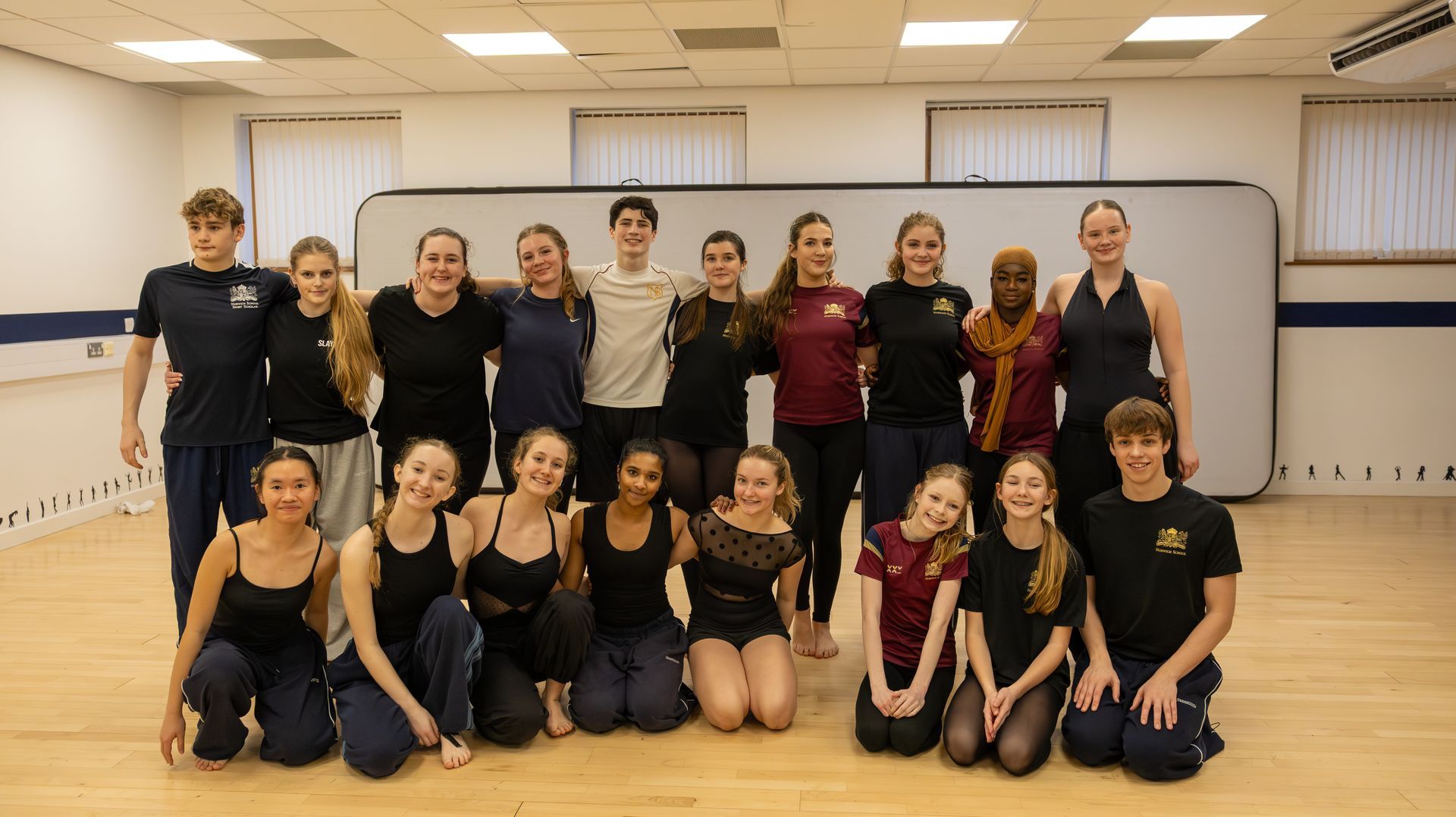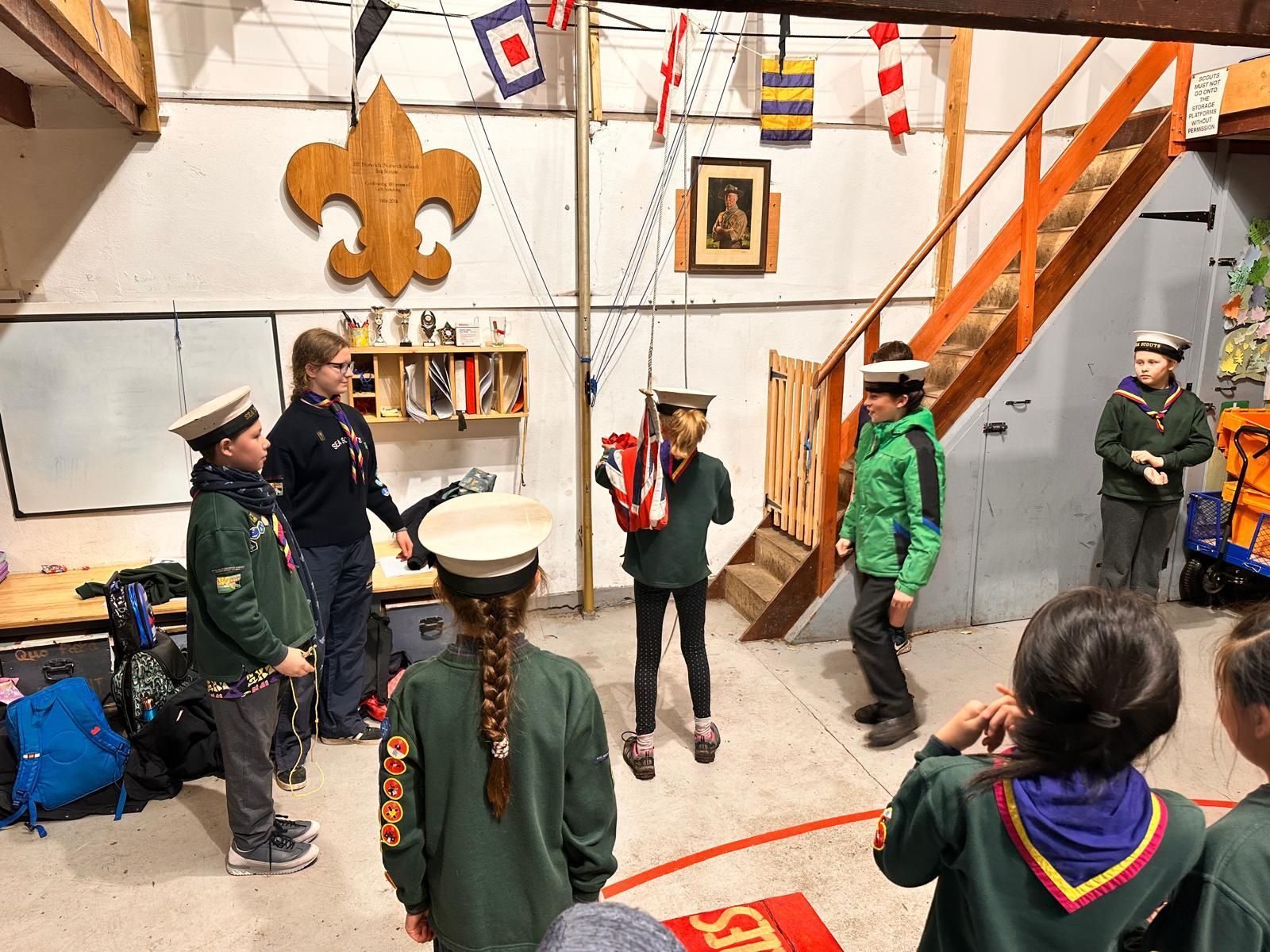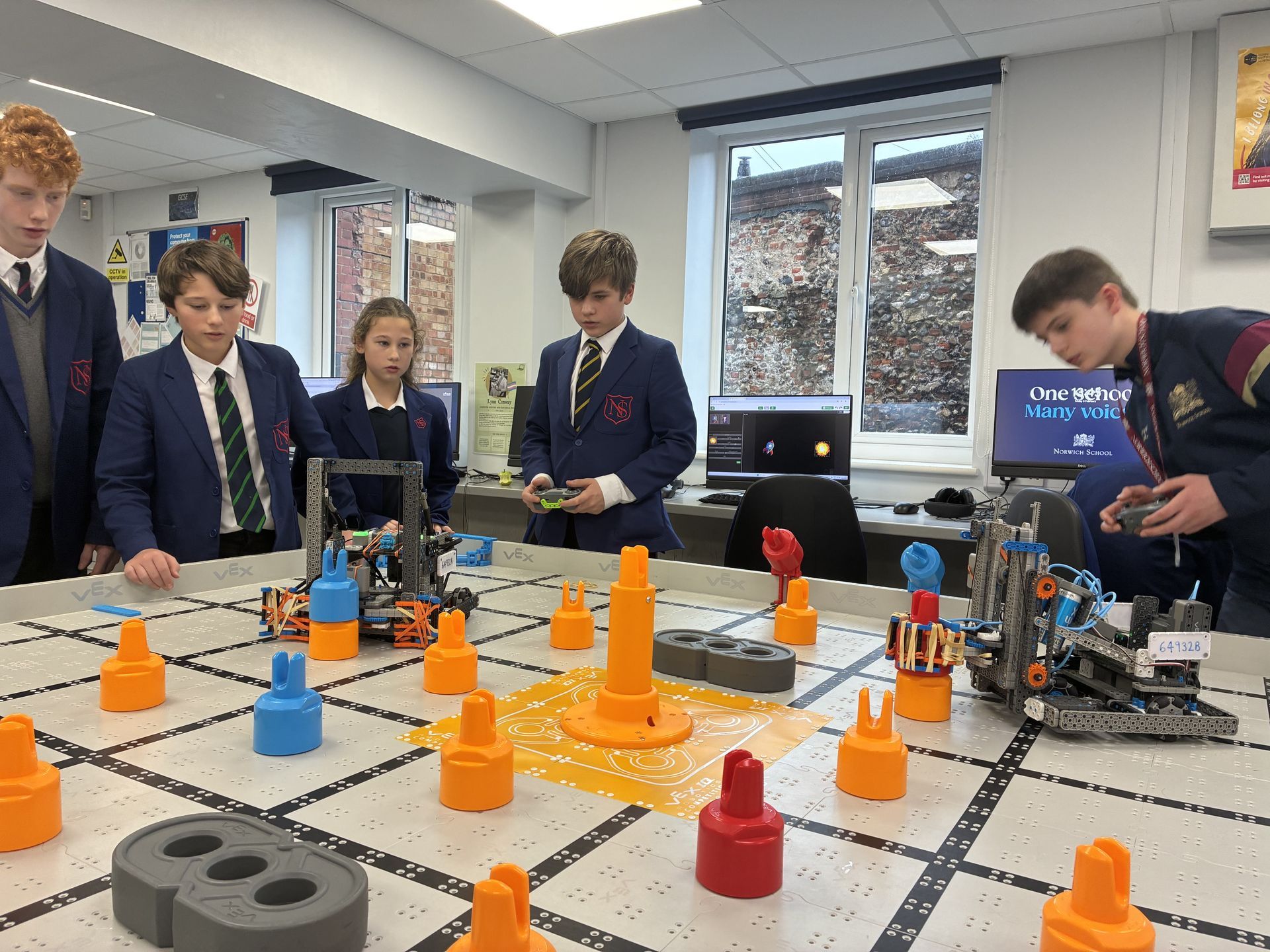Mrs Curtis Delivers an Uplifting Assembly on Making Mistakes
November 10, 2025
No one is perfect; making mistakes is part of our growth. Instead of crumbling under the weight of regret, as difficult as it might sometimes seem, we should try to learn from every experience. So often we slip up, do things that get us in trouble or make us feel silly and we see it as a massive error, and can even spiral into dark and dreadful mental places. Today I want to convince you that mistakes are not just normal – they are essential. In fact, some of the best things in life started off with someone doing something wrong. The Bible encourages us to turn our failures into stepping stones for improvement. This transformation requires a willingness to reflect, ask for guidance, and lean on God for wisdom through our struggles. We can all develop greater strength and character when we commit to learning from the errors we all make.
Illustrating this point is not too difficult as things go wrong all the time. Just the other day I walked into the packed common room at breaktime, only for a colleague to point out that I was wearing my jumper inside out. It turned out to be back to front as well. There are of course several personal anecdotes I could use, but instead let’s look at some other examples…
My favourite piece of stationery came about in the world due to a mistake. You've probably all used these items at one point or another, for revision or making lists. In the 1960s, a scientist called Dr Spencer Silver was working on creating a super-strong adhesive glue. What he actually made was... the exact opposite; a glue so weak it could barely hold paper together. His colleagues initially laughed at him and dismissed his efforts, and probably went onto invent something ostensibly much better….But then someone had the genius idea of using this pathetic looking non sticky glue for bookmarks, and the Post-It note was born.
In 1999, NASA lost its Mars Climate Orbiter because one engineering team made their calculations using imperial units (inches/pounds) while another team used metric units (centimetres/kilograms). This was very silly. The spacecraft entered Mars’ atmosphere too low and disintegrated. This maths mistake cost a whopping $125 million. But it led to better communication protocols in space engineering.
In 1928, Dr Alexander Fleming – a Scottish surgeon who was famously untidy, went on holiday and left a dirty petri dish out by mistake. Many of you know what happened next. This was pretty normal for him – his experiments took place in a tiny little turret room in St Mary’s hospital, London. He had around 30-40 plates of bacteria on his bench, sourced from infected hospital patients, and when he returned from his trip, he noticed, as he inspected the staphylococcus bacteria, that something had changed – mould was now growing on it. Noticing that the mould seemed to be preventing the bacteria around it from growing, he started experimenting, and soon identified that this mould produced a self-defence chemical that could kill bacteria. There is a far more technical word for this but I will refer to it as mould juice. He'd discovered penicillin - the first antibiotic. Well, this mistake has saved lives – an estimated 500 million lives in fact.
You'll make mistakes - we all do. In your studies, in your singing, in your tests and in class; (maybe even before class) in your relationships; in your hairstyle choices even. They won’t feel good at the time, especially when made in public. Think about how embarrassing and inconvenient it is when you leave your lanyard at home. But it's important not to fear them. Most are solvable and most lead to learning opportunities. They’re brain gold. They’re how you grow. Because mistakes don’t mean “stop”. They mean you’re exploring, you’re trying. Mistakes are indeed lessons.
The Bible provides a robust framework for understanding the human experience. Through its various books and verses, it offers insights into the nature and consequences of making mistakes, and urges us to push on and to ensure that we live life to its fullest, despite our imperfections. I also think that trusting in God allows us to learn valuable lessons from our mistakes – in the book of Proverbs (chapter 3, verses 5-6) which is a collection of brilliant little pockets of wisdom and advice, the writer tells us to “Trust in the Lord with all your heart and lean not on your own understanding; in all your ways submit to him, and he will make your paths straight.”. Instead of relying on our flawed and human understanding, we can seek His wisdom and grace which guides us towards better choices in the future.











